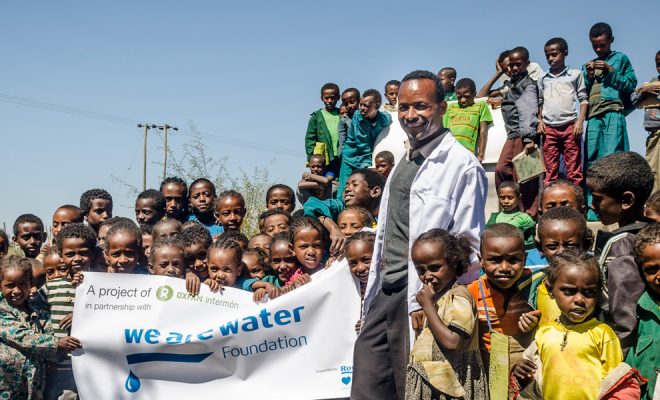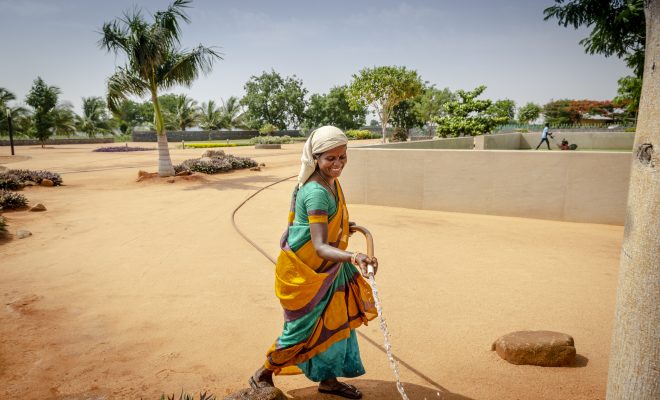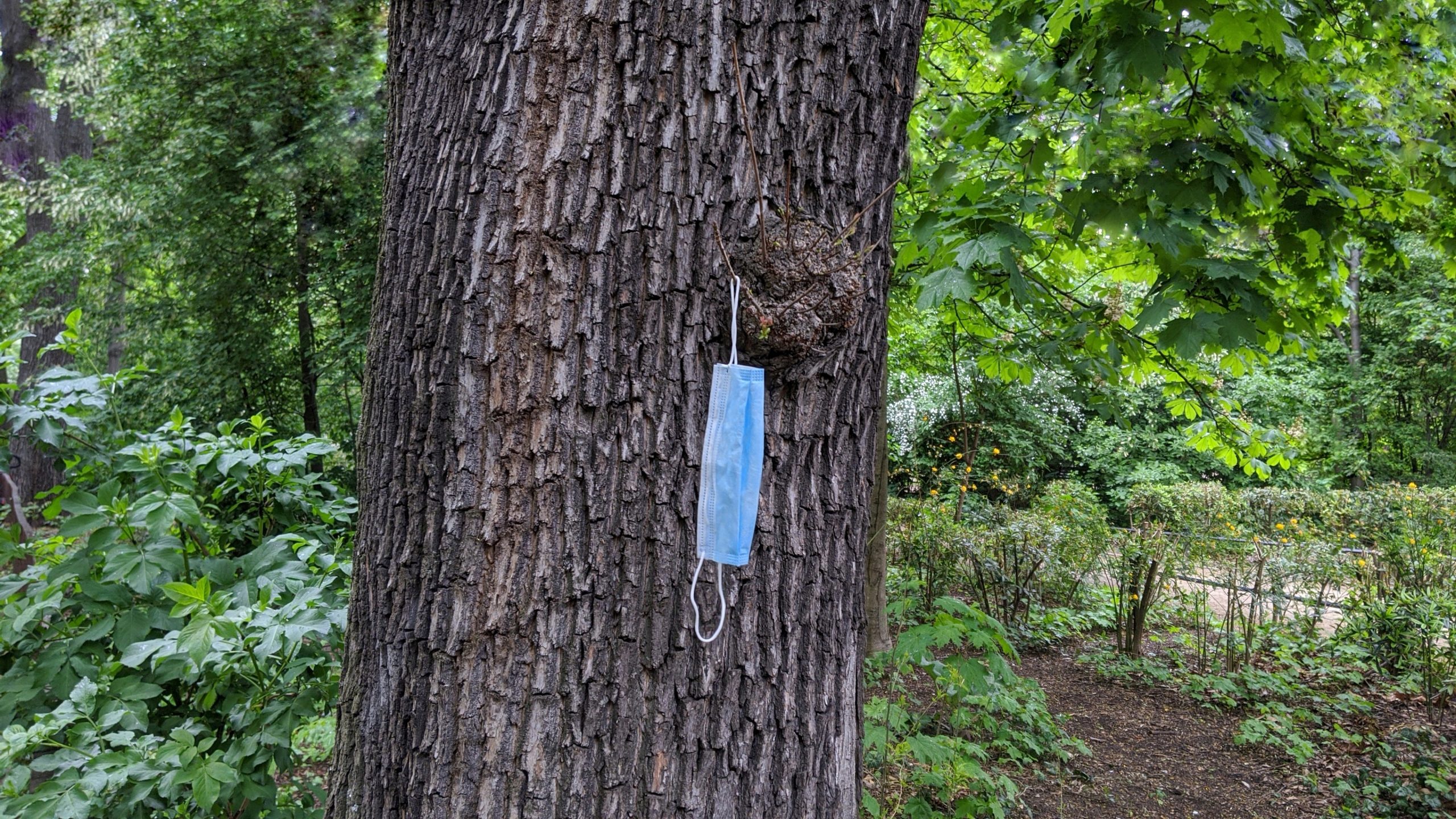
The harmful relationship between consumers and waste is still there and does not seem to be decreasing. © kadir-celep / unsplash
The months of forced standstill have provided a new and deeper perspective of our relationship with the natural environment in which we live: we already knew it was not good, but now we are more aware of how our way of life affects and degrades it. We have more information to define unsustainability.
However, even without having overcome the pandemic, the return to economic activity is becoming urgent in the face of the threat of a deepening recession with dire consequences for the livelihoods of billions of people. In many cases, the fear of poverty outweighs the fear of losing one’s health and explains the popularity of the arguments of those who put the economy before deaths from infection. Almost no one advocates confinement sine die until a treatment or vaccine has been found; it is unfeasible, as the system would collapse much sooner, creating a chaos of unpredictable consequences, and there is good reason to believe that these would be worse than those that laxity in infection control would produce.
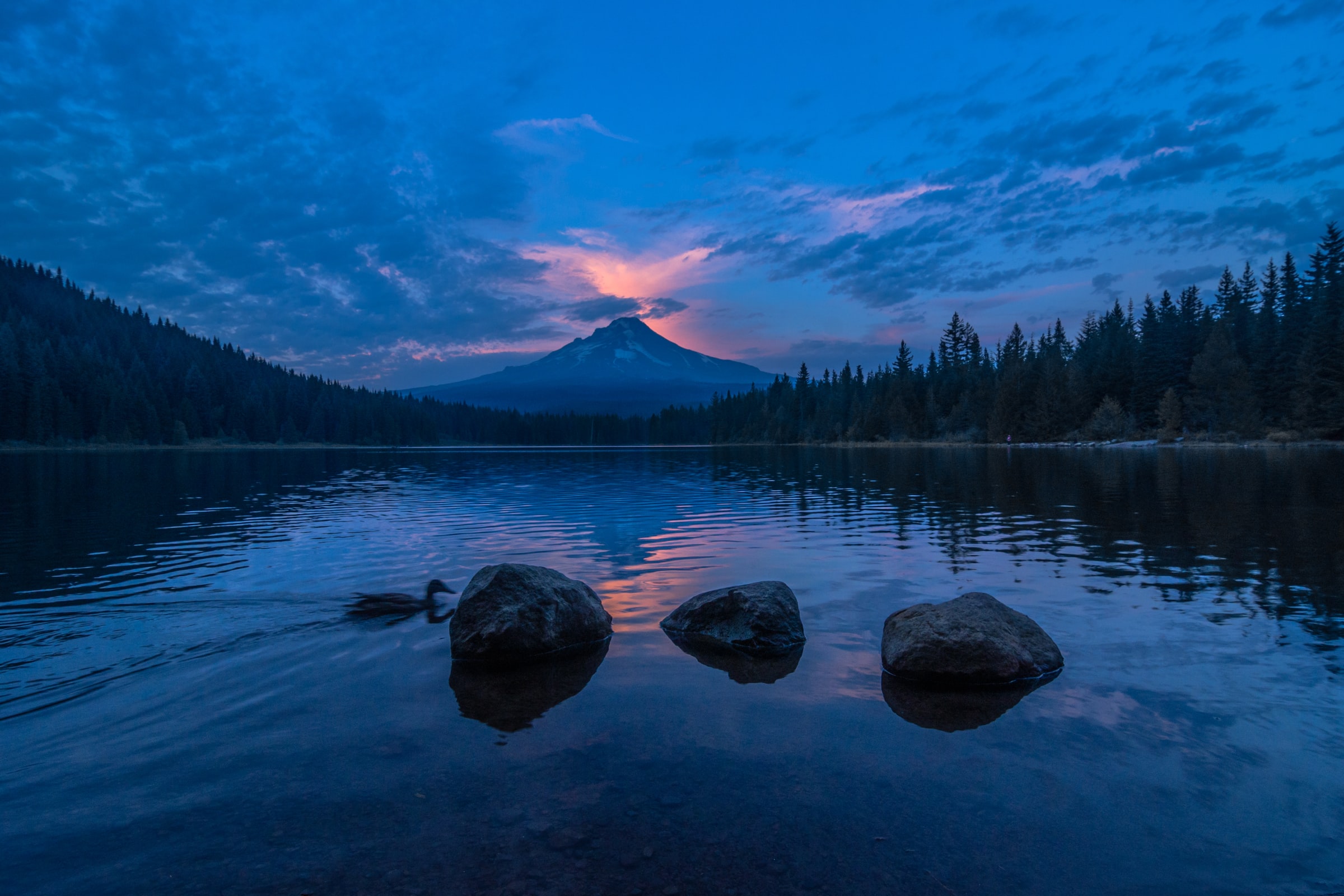
On World Environment Day, mankind must return to action, aware that the fight to save the natural environment from degradation must continue. © Noaa-unsplash
New elements for the old controversy
The imminent return to “normalcy” has polarized public opinion. Those most concerned about the economy are prioritizing a rapid return to activity, leaving the care of the environment in the background; those who regard environmental degradation as closely related to the pandemic, even as the cause of it, have taken up their positions in defense of nature with redoubled energy.
On the other hand, governments, protected from public opinion by their logical health and economic concerns, have continued to fail to show the forcefulness required by scientists in the fight against climate change, as demanded at the last COP25 in Madrid. Despite the fact that there is a majority in favor of placing the fight against pandemics in the same context as environmental recovery, and institutions such as the European Union point out that achieving environmental objectives is a priority that cannot be postponed, there are still reactionary positions after the pandemic that consider the abrupt cease of pollution as synonymous with economic recession and social drama.
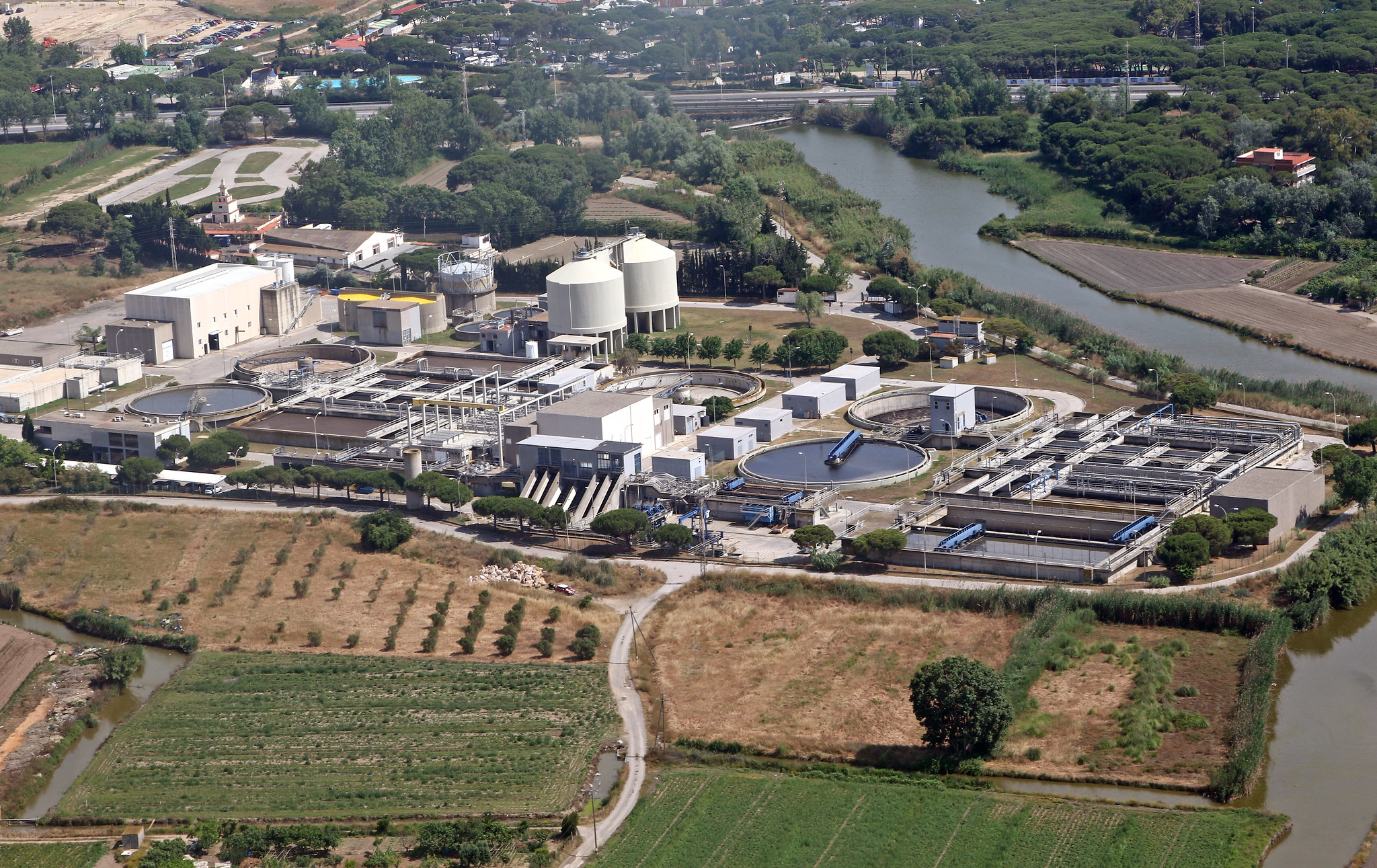
Water is a relentless witness to the lack of human respect for the environment © Victor
What has changed?
It is clear that something has changed among the population with regard to the environment and it is important to know what, and how this change will affect the recovery of activity.
The study of how the environment and human behavior relate to each other belongs to the field of Environmental Psychology, a discipline that is key in the race towards the SDGs. In this sense, the standstill caused by confinement has revealed the pressure we are putting on our planet. Most urban dwellers under the age of 40 had never seen skies so blue or waters so clear, heard the birds sing or seen the surrounding mountains. The effects this new awareness will have on human behavior remain to be seen, but it is evident that the perception of “territory” has changed and has done so in a hopeful way, since it has brought out of invisibility an aggression unknown to many.
Some environmental economists stress that this new perception is positive for environmental achievements. The conclusion reached by many citizens that we cannot go on like this as we are squandering our only home and that this home belongs to all of us, offers a great opportunity for progress in creating appropriate behavior once the pandemic is over.
However, it is not all good news. Water, a relentless witness to the lack of human respect for the environment, shows facts that contradict optimism. An increase in wet wipes being thrown in the toilet has been added to the proliferation of latex masks and gloves in sanitation networks. For instance, at the Albacete WWTP, the arrival of such waste increased by 20% in March and April, reaching an average of 1.8 tons per day during the state of alarm. The harmful relationship between consumers and waste is still there and does not seem to be decreasing.

The change in the perception of the territory offers an opportunity to address environmental communication more efficiently. © Max Bottinger- unsplash
A great opportunity for effective communication
Psychology also warns that people, faced with an immediate threat to the base of their pyramid of preferences, such as health and work, tend to others in a second stage, especially those perceived in a deffered way in time, as is often the case with the threat of climate change. This is a common human reaction to problems that are complex and uncertain in the long term, despite the fact that inaction is proven to be unsustainable and leads to a future of ruin for humanity.
However, the change in the perception of the territory offers an opportunity to address environmental communication more efficiently in order to achieve a positive change in human behavior. The starting point is to consider the basic concerns of citizens about their health and work and to admit that those most affected by Covid-19, those who have lost family members and friends, those who have lost their jobs and are facing a distressing future, perceive environmental problems as secondary.
Only by explaining clearly and without alarm that the way out of the crisis must be done in the most harmonious way possible with nature, as this will be beneficial for everybody, is the great communication challenge we are facing. The media, businesses, institutions, educators and governments must take advantage of the greater receptivity to scientific information generated by the pandemic to take a step forward in disseminating concepts such as natural capital, sustainability and solidarity, presenting them as socio-economic assets that generate wealth rather than costs.
The communication of the basic concepts of climate and environmental science must take advantage of this fertile ground and go one step further. The common language of public opinion and politicians must be enriched with the values of objectivity, intelligibility and dialectics inherent in scientific thought.
This is a common effort and it is urgent to avert the danger of the re-emergence of denialism. Denial is reappearing after many messages that appeal to emotion rather than reason. The idea that nature is here to serve us and that only by exploiting it as we have always done is the only source of well-being must be eradicated, now more than ever.

The closure of borders makes it difficult to advance towards international relations that, more than ever, need to be encouraged. © Carlos Garriga /We Are Water Foundation
New obstacles to overcome
It is not easy. The pandemic has deteriorated some values and mechanisms of action. The regressions to tribal identity as a defense against uncertainty contrast with the advances that have been evident in the awareness that collective intelligence is the best overall survival strategy. The closure of borders and the demagogic blame of countries and groups make it difficult to advance towards international relations that, more than ever, need to be encouraged.
It is awkward and complex, but the new communication must make an effort to admit relativism and show that differences are necessary and that through dialogue, these differences make agreements possible and it is agreements that bring progress.
Just as we have not been able to prevent the pandemic and have had to improvise both its mitigation and now our adaptation, the environmental crisis is there. The fact that it is advancing more slowly than the spread of the virus must not lead us to fall into the illusion of remoteness. Let the disastrous experience of the pandemic help us to adjust the time scale: there is no time left and the sooner we react, the better.




